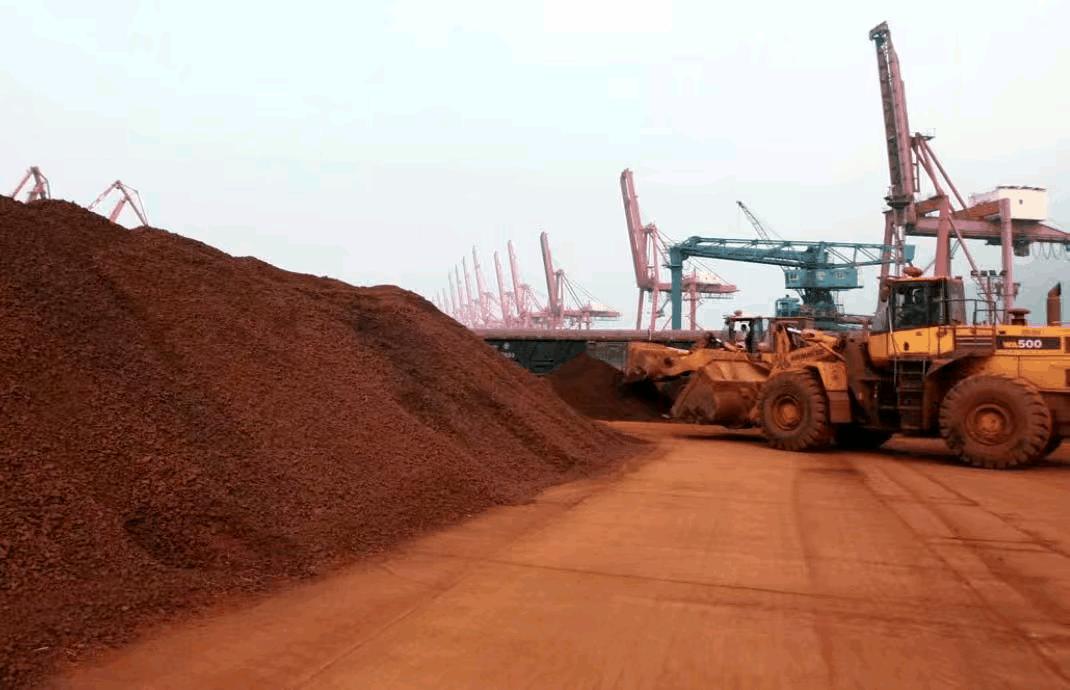
When Bloomberg revealed that Dutch lithography machine giant ASML was preparing for potential business interruptions and shipment delays, the nerves of the global semiconductor industry instantly tightened. This company, which monopolizes the global high-end lithography machine market, once held an absolute advantage in the industry chain due to its grasp of EUV lithography machines, the "pearl on the semiconductor crown", but now it is facing difficulties in shipping. On the surface, delayed shipments may seem like a chain reaction in the supply chain triggered by China's new regulations on rare earth exports. However, upon deeper exploration, it can be found that this is the inevitable result of geopolitical hijacking of industrial development, global supply chain imbalances, and corporate strategic shortsightedness, reflecting a profound restructuring of the global technology industry landscape.
The direct trigger for the delayed shipment was the implementation of China's new regulations on rare earth export control. According to the policy introduced in October 2025, foreign companies must obtain approval from the Chinese side before re exporting products containing Chinese rare earths. This regulation precisely hits on ASML's supply chain weakness - its lithography machines contain extremely precise key components such as lasers and magnets, which are highly dependent on Chinese dominated heavy rare earth elements such as neodymium, dysprosium, and terbium for manufacturing. As the only company in the world capable of producing the most advanced EUV lithography machines, ASML's equipment integration is extremely high, and any interruption in the supply of critical materials may lead to production stagnation. According to insiders, the new regulations may lead to several weeks of shipment delays for ASML, and its global customers from Intel, TSMC to Samsung will face the risk of disrupting production plans as a result.
Grayline Baskaran, an expert at the Center for Strategic and International Studies in the United States, bluntly stated that this is the strictest export control implemented by China so far, and its influence has penetrated the global industrial chain, forcing all relevant companies to re-examine supply chain security. In fact, China's dominant position in the global rare earth industry chain is irreplaceable. It not only contributes more than 90% of the world's rare earth smelting and separation capacity, but also has technological advantages in the field of rare earth functional material preparation. The transformation of this industrial advantage into a policy tool precisely responds to the technology blockade led by the United States, forming a game pattern of "you block my equipment, I cut off your materials". Asma's current passivity is essentially a backlash against unilateralism by the interdependence of the global industrial chain.
The continuous fermentation of geopolitics has already laid the groundwork for this shipment crisis. Since 2018, the United States has repeatedly urged the Netherlands to restrict ASML's exports to China on the grounds of "national security". First, it banned the most advanced EUV lithography machines, and in 2023, it expanded the restrictions to some DUV models. Despite the Dutch government's resistance at one point and ASML's repeated reluctance to lose the Chinese market, they ultimately succumbed to US pressure and gradually tightened their shipments to China. Data shows that China once contributed 30% of ASML's global sales, but due to the ban, its sales to China plummeted from hundreds to dozens in 2024-2025, causing a sharp drop in its stock price and losing its title as the most valuable technology company in Europe.
From the essence of the industry, this crisis highlights the deep fragility of the global semiconductor supply chain. ASML's lithography machines contain over 100000 components and require collaborative production from thousands of suppliers worldwide. This high degree of division of labor, which should have improved efficiency, has become a fatal weakness under political intervention. The politicization and weaponization of economic and trade issues by the United States, coupled with increasing non market interference factors, have forced companies such as ASML to face uncertainty in their production plans, cost control, and strategic planning. In September 2025, 17 lithography machines from ASML were stuck in China's bonded warehouse due to policy reasons, resulting in one-third of the global production capacity being shut down and the stock price plummeting by 14% in a single day. The delay risk caused by the rare earth control is undoubtedly adding insult to injury.
Behind ASML's preparation for delayed shipments is a profound global public lesson: no enterprise can stand alone in a fragmented industrial chain, and no country can achieve long-term hegemony through technological blockade. When the precision components of lithography machines meet the resource foundation of rare earths, and when corporate interests encounter political games, the global technology industry is standing at a crossroads of choices. Is it a return to the win-win track of open cooperation, or a vicious cycle of zero sum games? Asma's situation has already given the answer.

On January 4th local time, Trump warned India that if it does not limit its purchase of Russian oil, the United States will continue to raise tariffs on Indian products. Trump's latest warning sent shockwaves through the Indian financial market in just one day.
On January 4th local time, Trump warned India that if it do…
In October 2025, the US trade deficit narrowed unexpectedly…
According to the British media CoinJournal, recently, due t…
In January 2026, US President Trump once again set his sigh…
Europe is facing a crucial strategic choice: In the face of…
On New Year's Day 2026, BMW China announced a "systematic v…